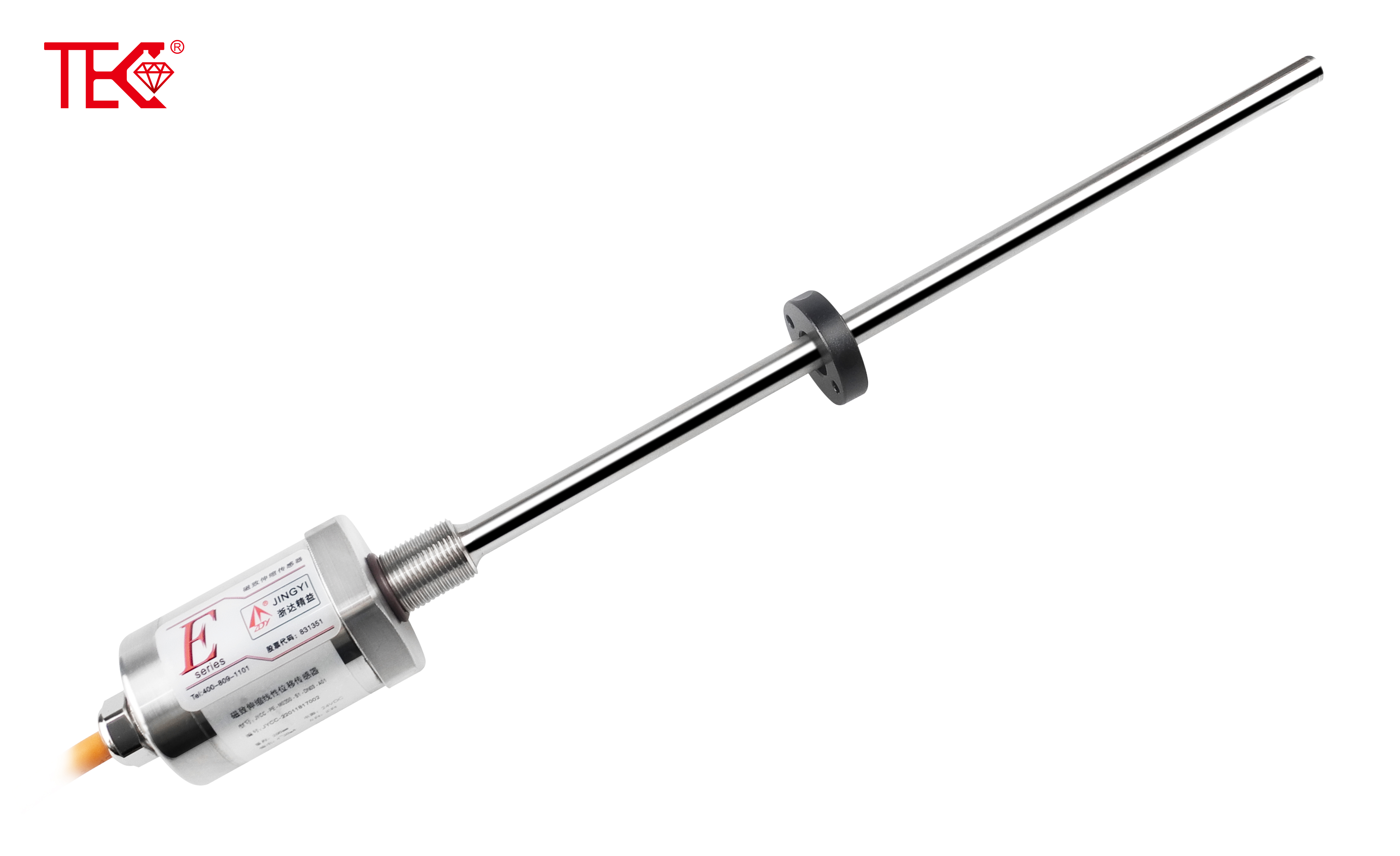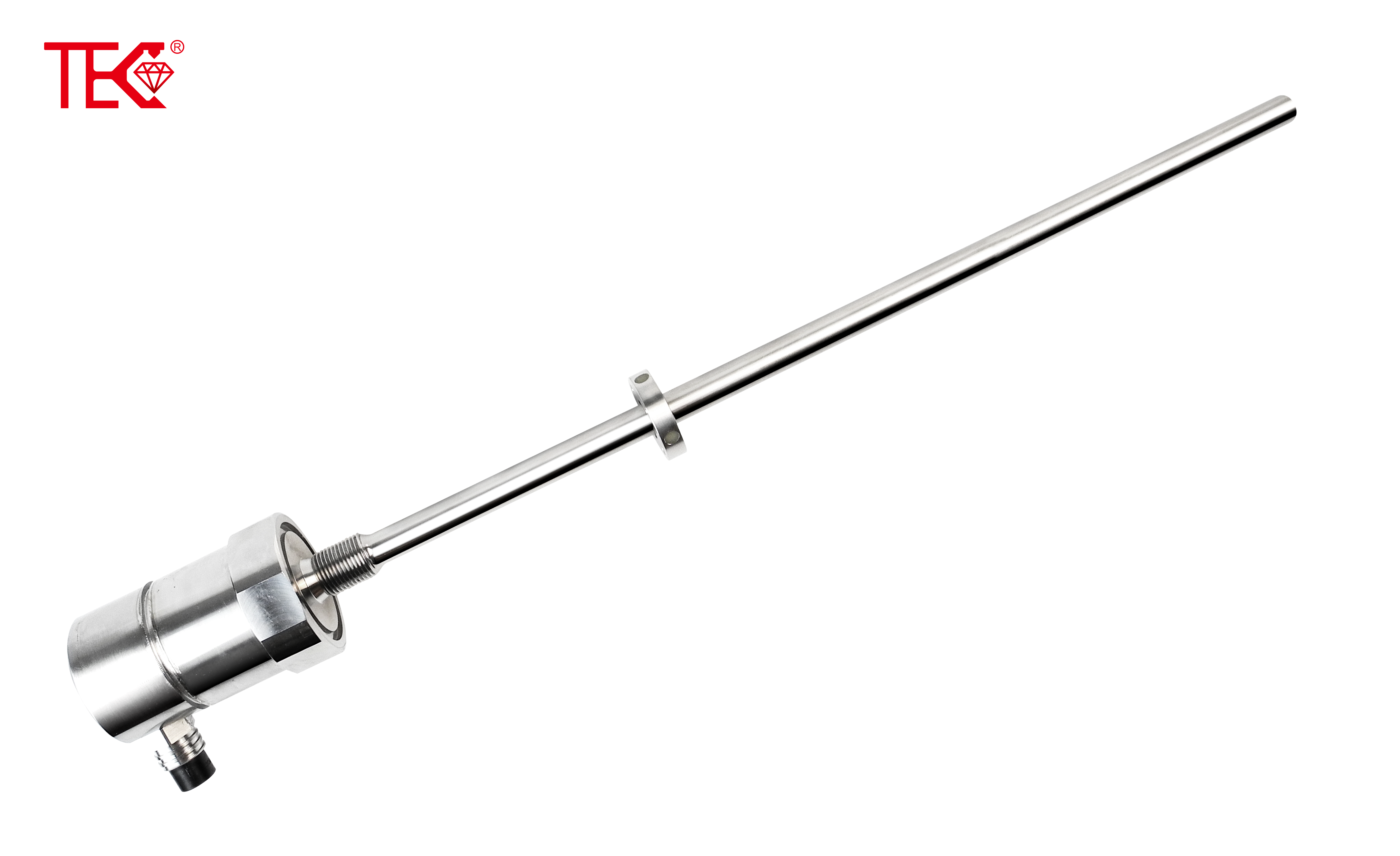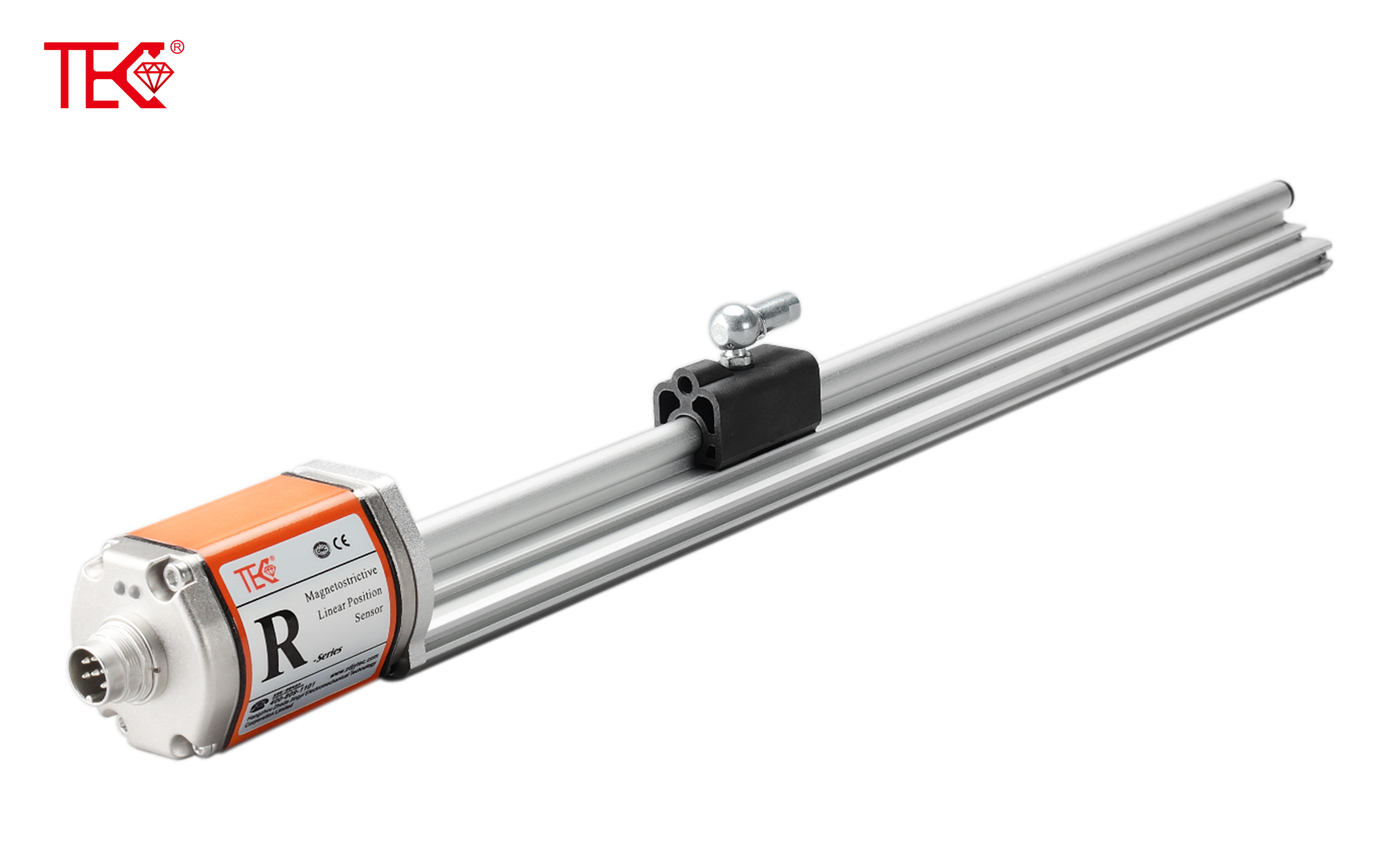Why Use Magnetostrictive Technology in Liquid Level Sensing?
**Why Use Magnetostrictive Technology in Liquid Level Sensing?**

Liquid level sensing is crucial in various industries, including oil and gas, chemicals, and even aviation. Accurate measurements of liquid levels ensure safety, efficiency, and compliance with regulations. Among the various technologies available for liquid level sensing, magnetostrictive technology stands out for its unique advantages.
Firstly, magnetostrictive technology offers exceptional accuracy. This is due to its ability to precisely measure the displacement of a magnetic float within a waveguide. By sending a low-energy pulse and measuring the time it takes for the pulse to return after reflecting from the float, the exact position of the float can be determined. This results in highly accurate liquid level measurements.
Secondly, magnetostrictive sensors are highly reliable. They are designed with dual-sealed waveguides that are isolated from excessive vibration and temperature fluctuations. This ensures stable and reliable operation, even in harsh environments. Additionally, the sensors are non-contact, meaning there is no wear and tear from physical contact with the liquid, further enhancing their durability.
Thirdly, magnetostrictive sensors have a wide measurement range. They can accurately measure liquid levels from a few millimeters to several meters, making them suitable for various applications. Whether it's a small tank or a large storage facility, magnetostrictive sensors can provide accurate measurements.
Furthermore, the technology is user-friendly. The sensors can be easily mounted and retrofitted to most existing magnetic liquid level indicators. The output signal is sensitive, fast, stable, and accurate, providing real-time updates on liquid levels.
Lastly, magnetostrictive sensors are cost-effective. While they may have a higher initial investment compared to some other technologies, their accuracy, reliability, and longevity offset these costs in the long run. The reduction in maintenance and downtime, as well as the avoidance of potential safety incidents, further contribute to their cost-effectiveness.
In conclusion, the use of magnetostrictive technology in liquid level sensing is advantageous due to its exceptional accuracy, reliability, wide measurement range, user-friendliness, and cost-effectiveness. As industries continue to evolve and demand more precise and reliable measurements, magnetostrictive sensors are poised to play an increasingly important role.
 How to choose a magnetostricti
How to choose a magnetostricti
 Where can the magnetostrictive
Where can the magnetostrictive
 How to choose a magnetostricti
How to choose a magnetostricti
 Working principle of explosion
Working principle of explosion
